Reflections on my new life and my old when a question is asked, from March 2022.
TRANSCRIPT…
Two things this week tell me that I have reached a new stage in my life: the first was buying my first ever 25kg bag of fertiliser; the second was saying no to reporting on a war.
I never thought the day would come, but it has.
It’s not something I decided without deep thought and weighing up all the options.
But the cork oaks are sick and we’re told giving their roots a boost with small amounts of powerful industrial fertiliser is the best hope of helping them through their battle with beetles and fungi.
You’ll be reassured to hear we took the organic route in preparation for the new drought-resistant lawn outside the guesthouse by shovelling three trailer-loads of horse manure.
Taking out frustrations on a deceptively large pile of poop and manhandling some very large pruned oak branches in order to feed the trees was perhaps therapeutic.
Those of you who know me might understand that refusing two weeks working in Lviv on one of the most important stories of our generation was also unusual.
I spent my BBC career cancelling normal life to jump on a plane to a war or a natural disaster.
It was the importance of the work, the challenge of living on the edge and the possibility it might make some kind of difference...to somebody.
So perhaps this week is a good chance to reflect on a big change of life.
Everyone with access to the truth sees the horror of Ukraine for what it is: a brutal humanitarian disaster created on the whim of a dictator, and a long-running information war that’s become conventional war in Europe, along with the “Stalinization of Russia” as the Economist puts it.
Everything has suddenly changed: its impact will affect us all for many years to come.
And to journalists who cover conflict, that is exactly why they drop everything, grab a flak-jacket and a sat-phone and head to the frontlines to ensure the horrors are witnessed and recorded and the terrible stories are told.
Adrenaline also plays a role – and however important the aims and the impacts of war reporting, it takes a certain kind of drive – and of madness – to run towards gunfire rather than away from it.
Of course most of us get to go home afterwards – unlike the Ukrainian people who were planning to go to an Oysters and Jazz Fest last week and are now fleeing for their lives to live for who-knows-how-long as refugees.
When I started writing this blog at least one journalist had been killed – now it’s up to three.
Stuart Ramsey and his team, as I’m sure you have already seen, got lucky.
Brent Renaud did not. He was caught in a similar type of ambush and was killed. Cameraman Pierre Zakrzewski and freelance journalist Oleksandra Kuvshynova have also been killed. And there will be others.
I see and hear friends reporting from very dangerous situations, I know many of the fantastic people making up the teams behind the cameras and hope they all stay lucky.
It’s extremely important work, as this is also a war for truth.
Russia and others have been spreading lies and disinformation through social media for years now to try and undermine Western democracy - at least that genie is now out of the bottle. Look up Carole Cadwalladr.

Another friend and former colleague sent a photo this week which had randomly popped up on her Facebook feed.
It shows the time we had scrambled to cover the Japan tsunami and Fukushima disaster.
I pondered whether there might be something in their algorithm about the impending threat of nuclear annihilation...
War crimes are being perpetrated and we need people like my old BBC pals, and the many brave international reporters, producer, photographers and film crews who are currently risking their lives alongside the Ukrainian people.

They – we – at least have experience of war...unlike the male and female volunteers fighting on the frontlines who were teachers, graphic designers or engineers two weeks ago and are now bravely digging trenches.
One of the early enduring images of the war was taken by New York Times American photojournalist Lynsey Addario.
I first met Lynsey Addario a few years ago in Africa– this BBC Radio 4 profile of her from this week is a window into that strange world which I’ve now swapped for off-grid living in Portugal.
Lynsey’s sisters joke about how as the youngest of four girls, it was great training for her future career...growing up in a constant state of war with her sisters.
Their harsh and mocking humour about how they treated her as a kid is a great cover for deep fear and love.
“She’s savvy enough to know, hopefully, when it’s time to get out,” Lynsey’s mum said on the Radio 4 programme, somewhat unconvincingly.
I remember my mum using a similar technique when she saw me reporting on fleeing an ambush in Afghanistan: “your little legs were going and you were running really fast,” she laughed, covering up a deep fear I might be killed.
But thankfully I outlived her – and I made 40. Now I’ve made 50 and I’d like to make 60, which is when I’ve decided I’ll open the insanely good bottle of Portuguese wine that brother in law Pasi treated me to for my half century.
Having leaned more towards the classical music of BBC Radio 3 in the year and a half since I left, I’m returning to the news programmes and the Twitter feeds, finding it almost hard to imagine that was once my job.
I’m still constantly monitoring my phone for updates – but now it’s mostly to see when rain is forecast – in a place where the biggest risk we’re making is a business loan to build a tourist lodge.
Of course, post-pandemic and amid war in Europe, raging inflation and record-breaking fuel prices it is looking more and more risky, and at least if Putin reaches for the red button I guess we won’t be around to pay it back.
Where I am now is a long way from that previous life – mentally and geographically.
“I should go to Lviv,” I tell myself, “but there’s that hospital appointment on Friday and I need to get the car in for a service...and the podcast on wineries to produce. Oh, and the oak trees...”
For me there’s a weirdness about normality.
War reporting can become almost like a drug and the world gains from those extraordinary people who keep coming back for more, despite the impact of what it can sometimes do to those closest to them.
I was slowly weaned off war by a Los Angeles posting and by circumstance. I was lucky enough not to experience far worse horrors.
I don’t think I have any symptoms of PTSD – so far, at least – but black humour and the ability to share experiences with those who have gone through similar things cannot be underestimated.
Hopefully we can persuade some of our war-weary friends to stop by in Portugal for some decompressing vinho-therapy on their way home...to hear the stories first hand, to share those experiences and perhaps to live it a little vicariously.
And it’s not as if I don’t want to go to war any more.
If Ana’s 50th birthday weekend wasn’t a couple of weeks away maybe I would have ditched the car, told the oak trees to sod off, cancelled normal life and jumped on a plane to Lviv.
Or so I tell myself.




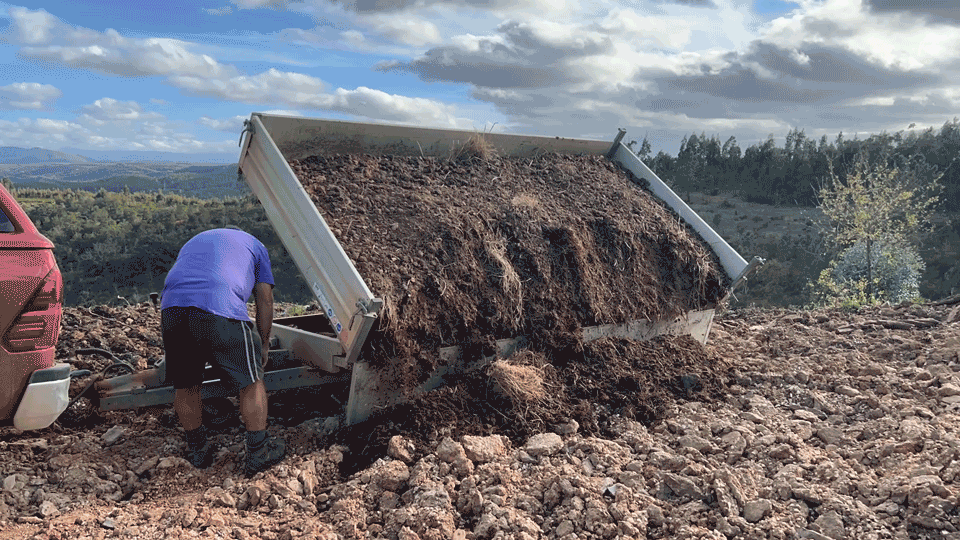
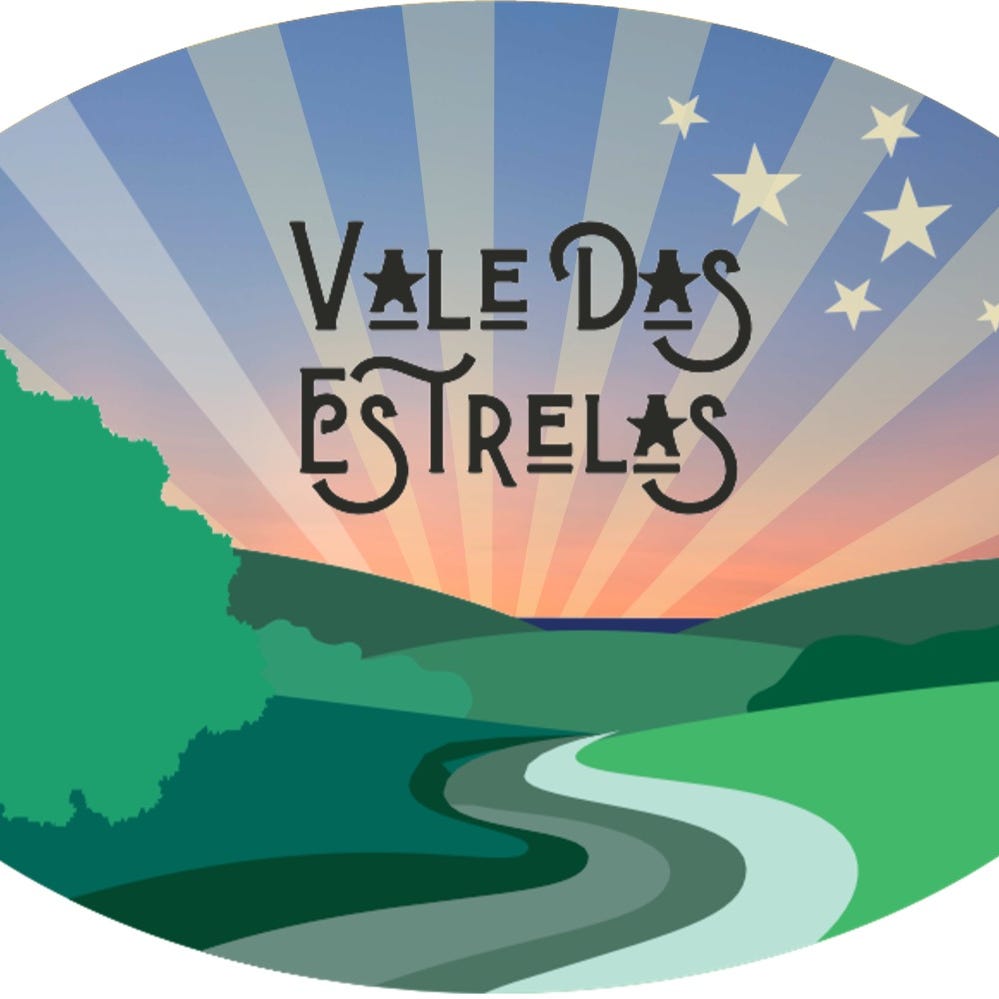
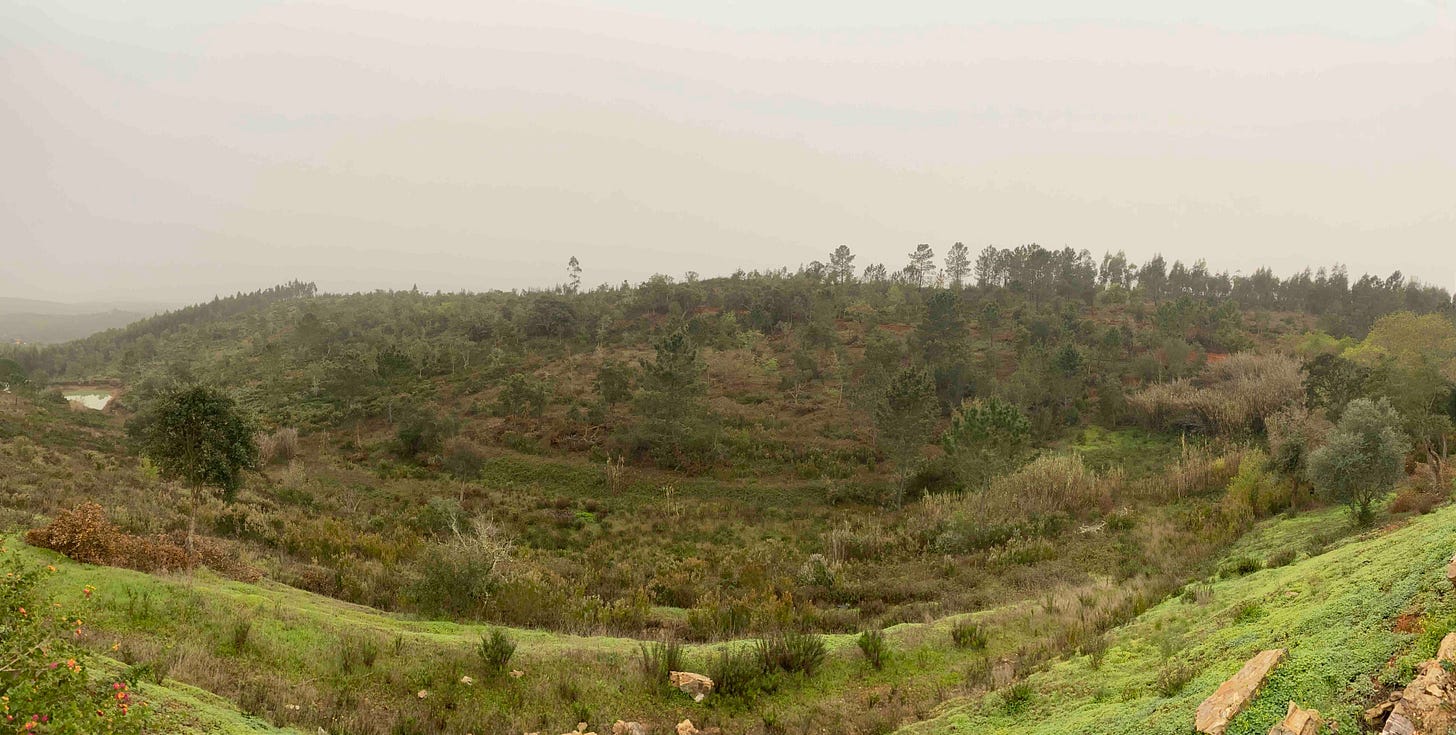

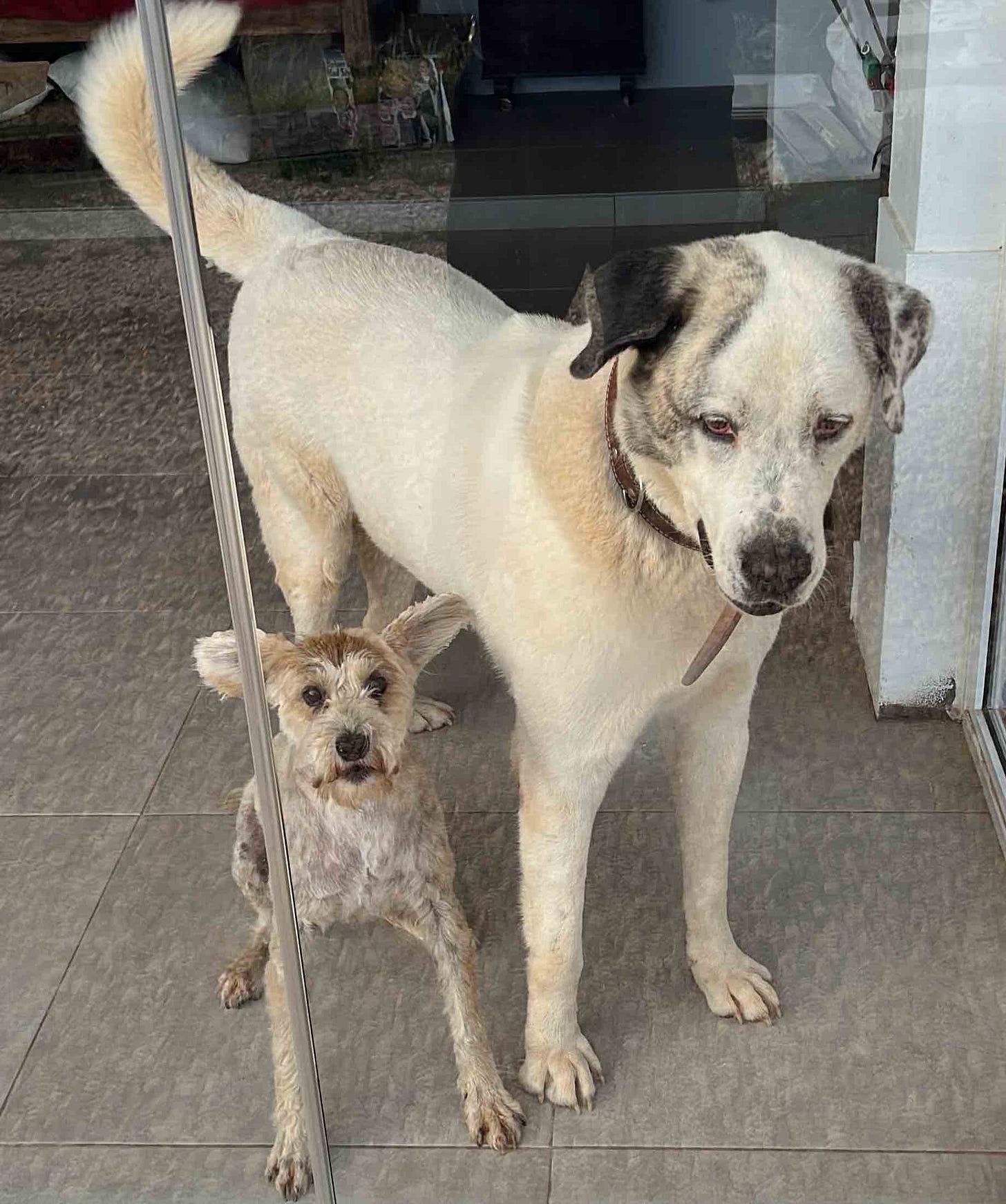
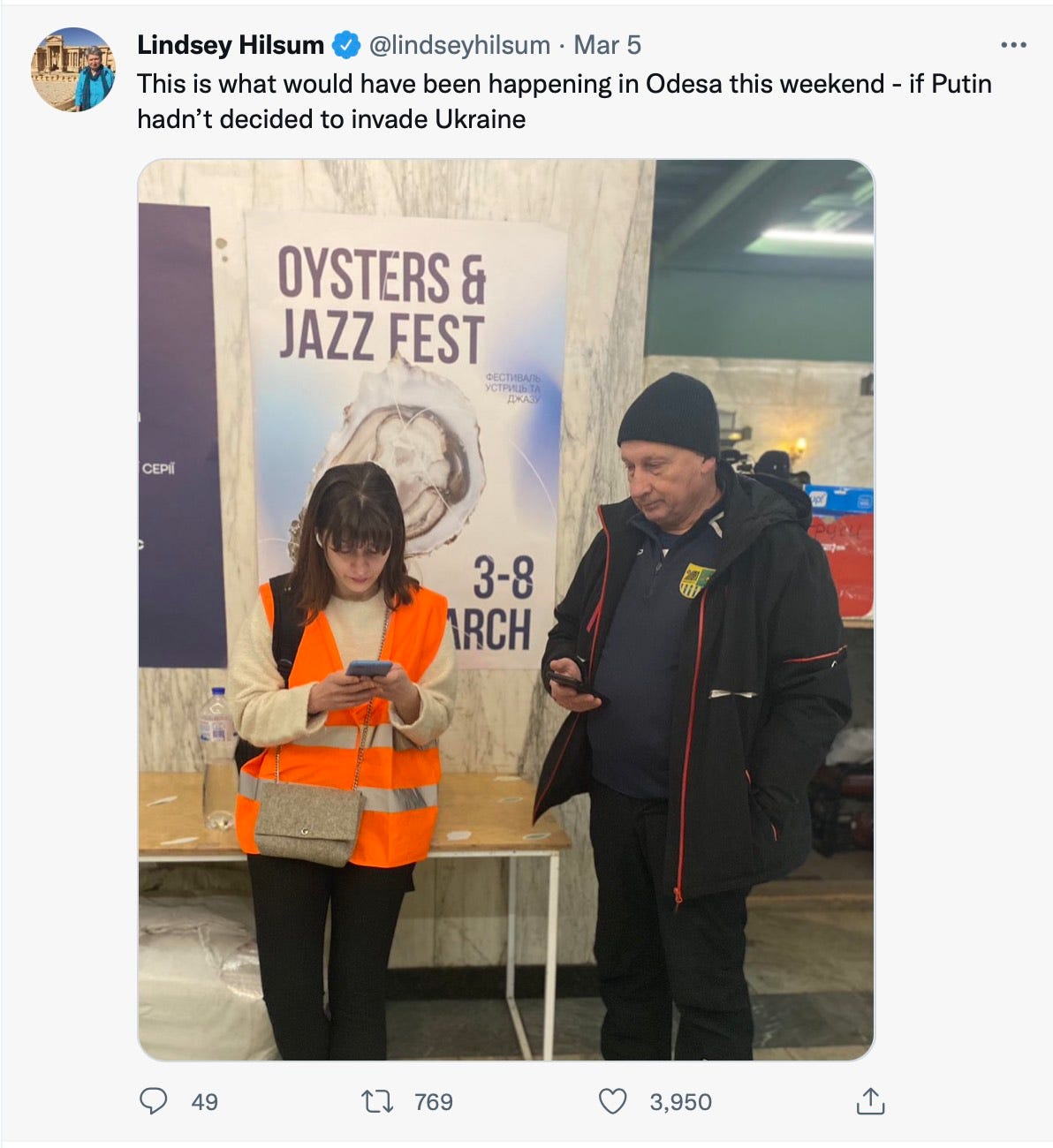
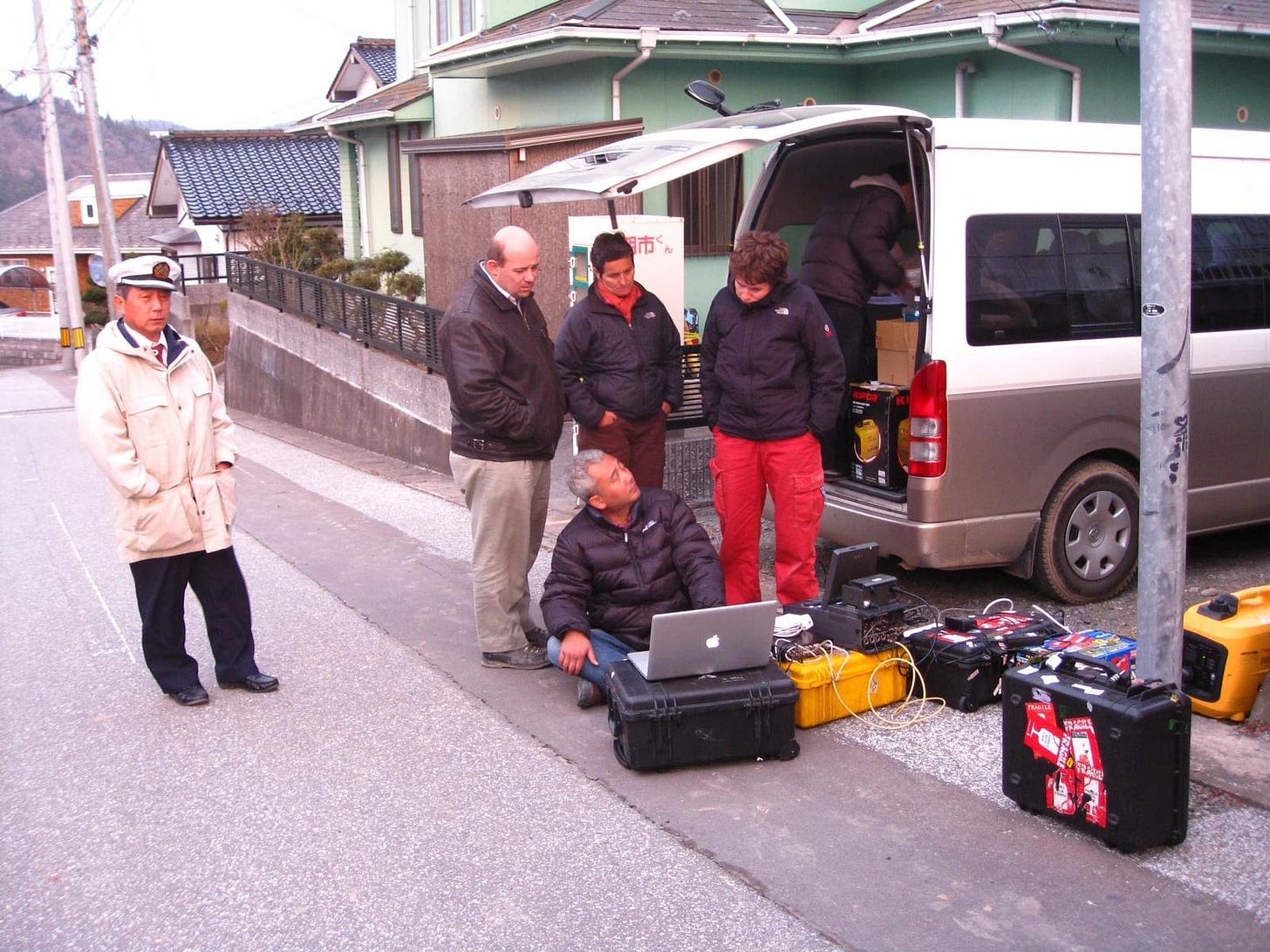
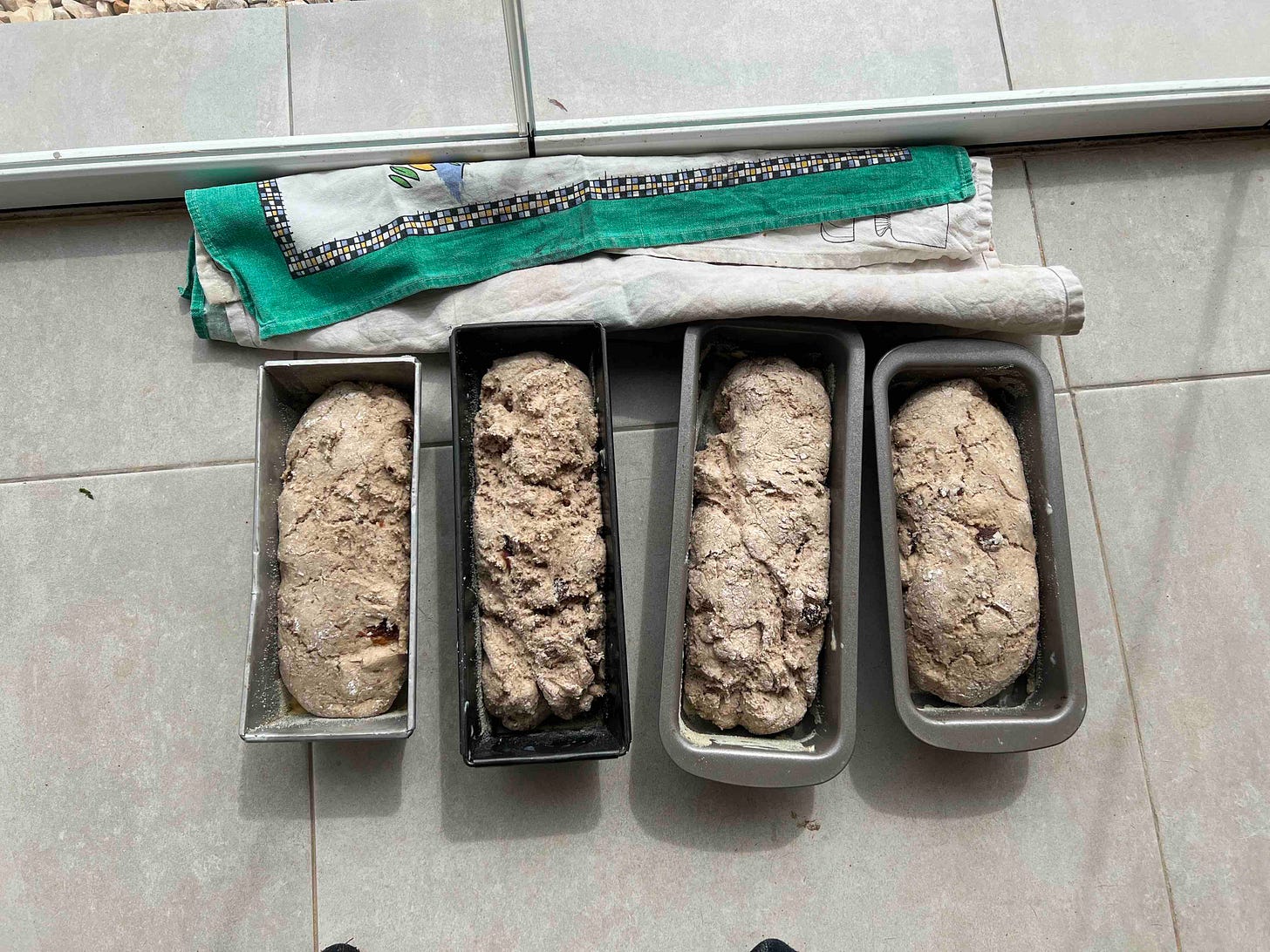
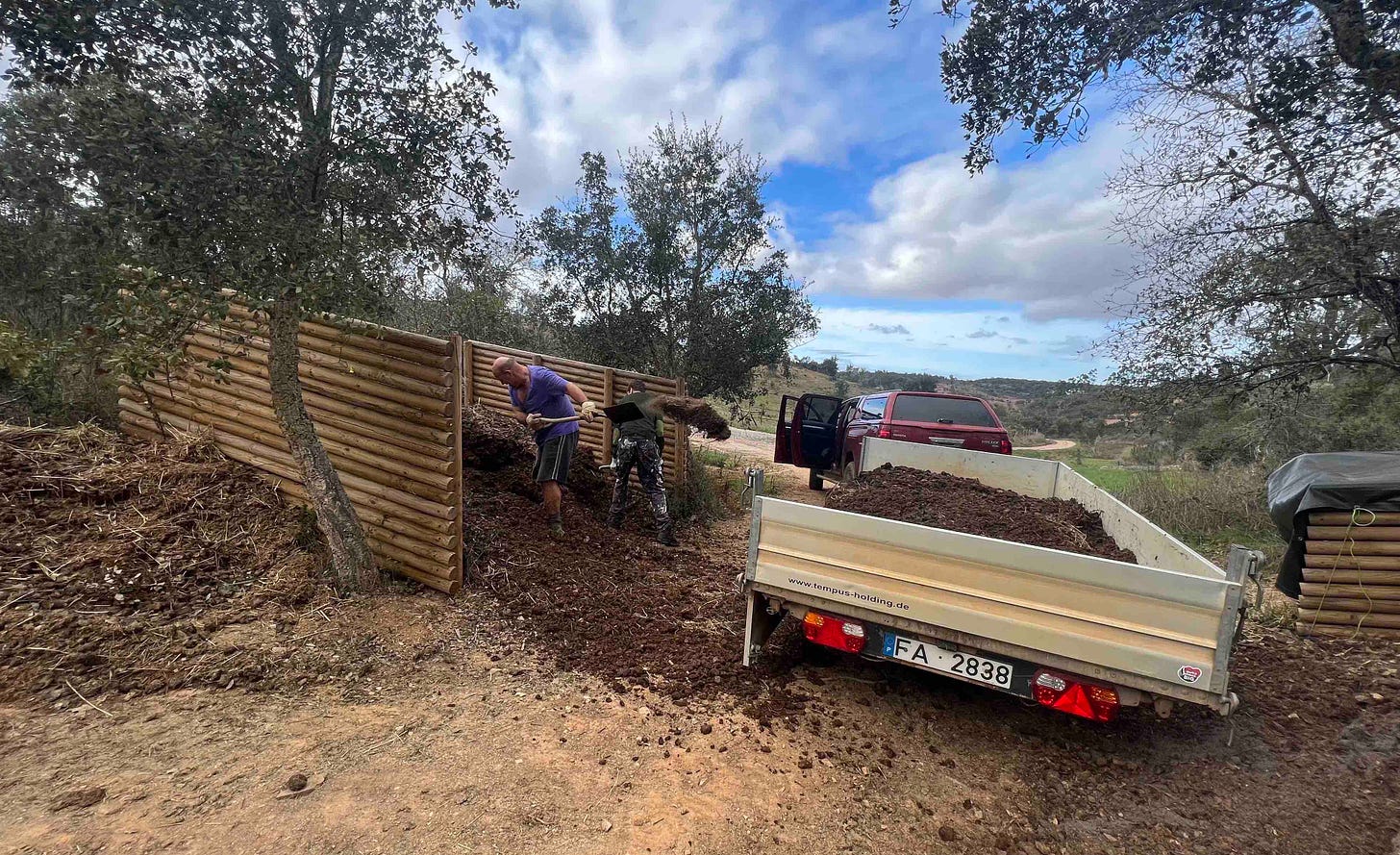
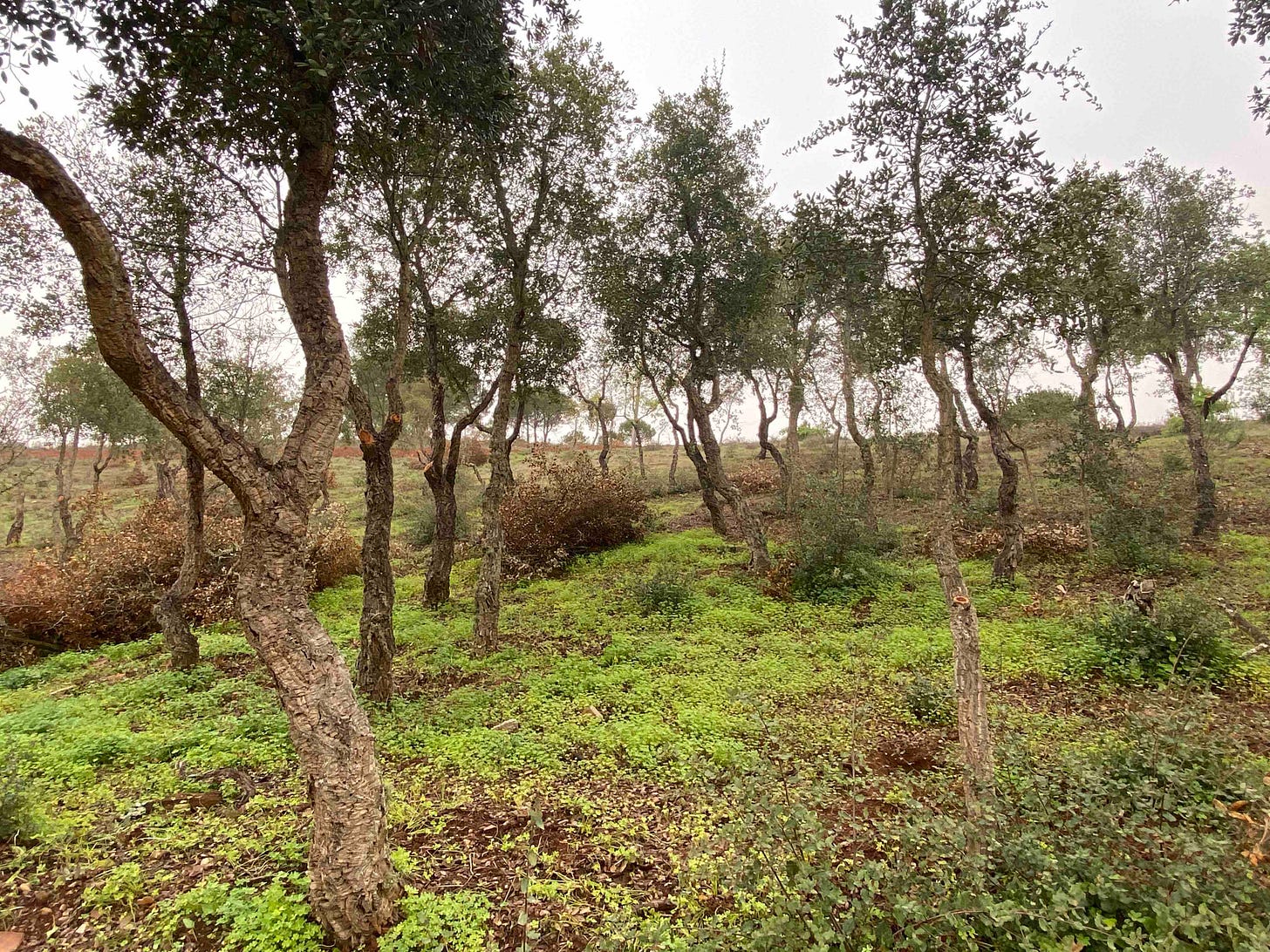
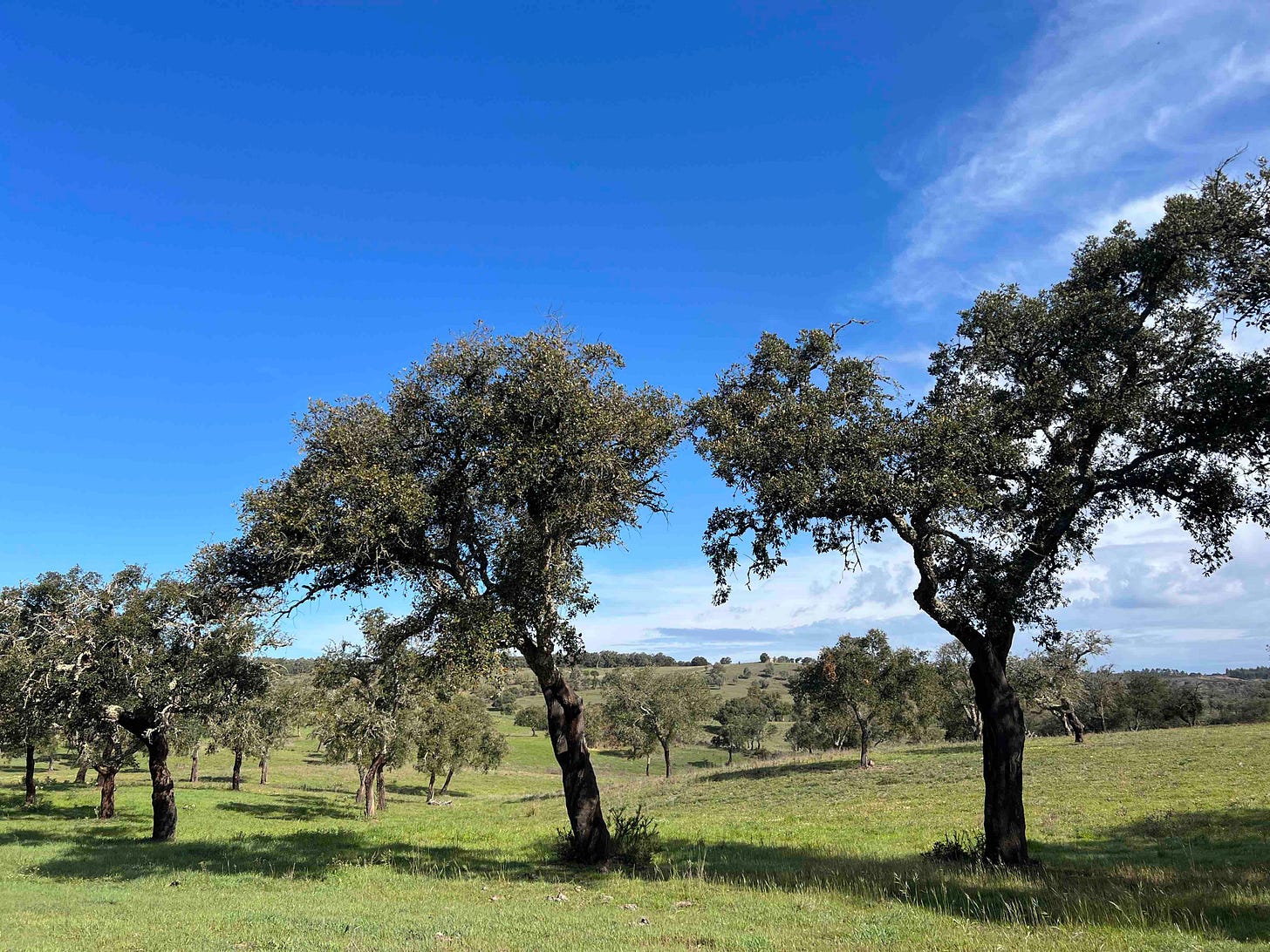


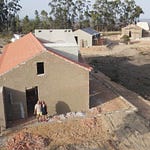
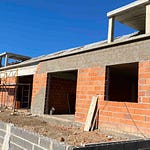
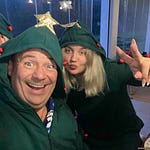
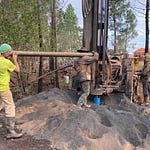
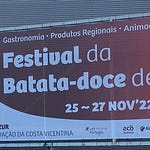

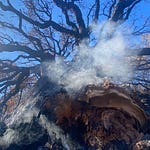
Share this post